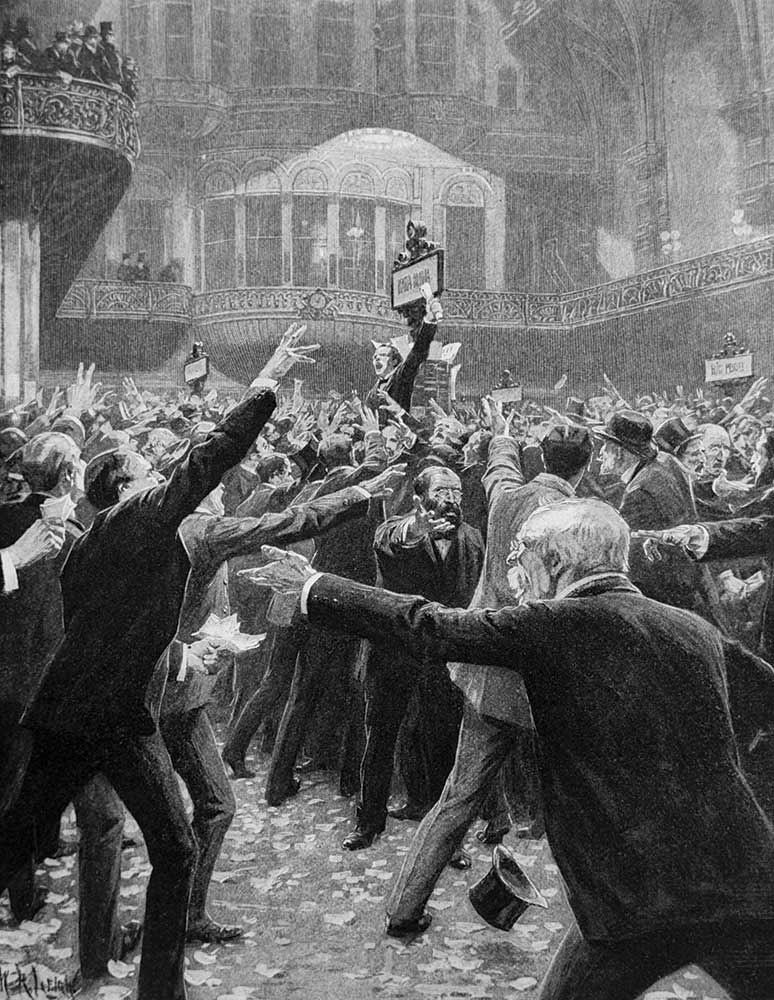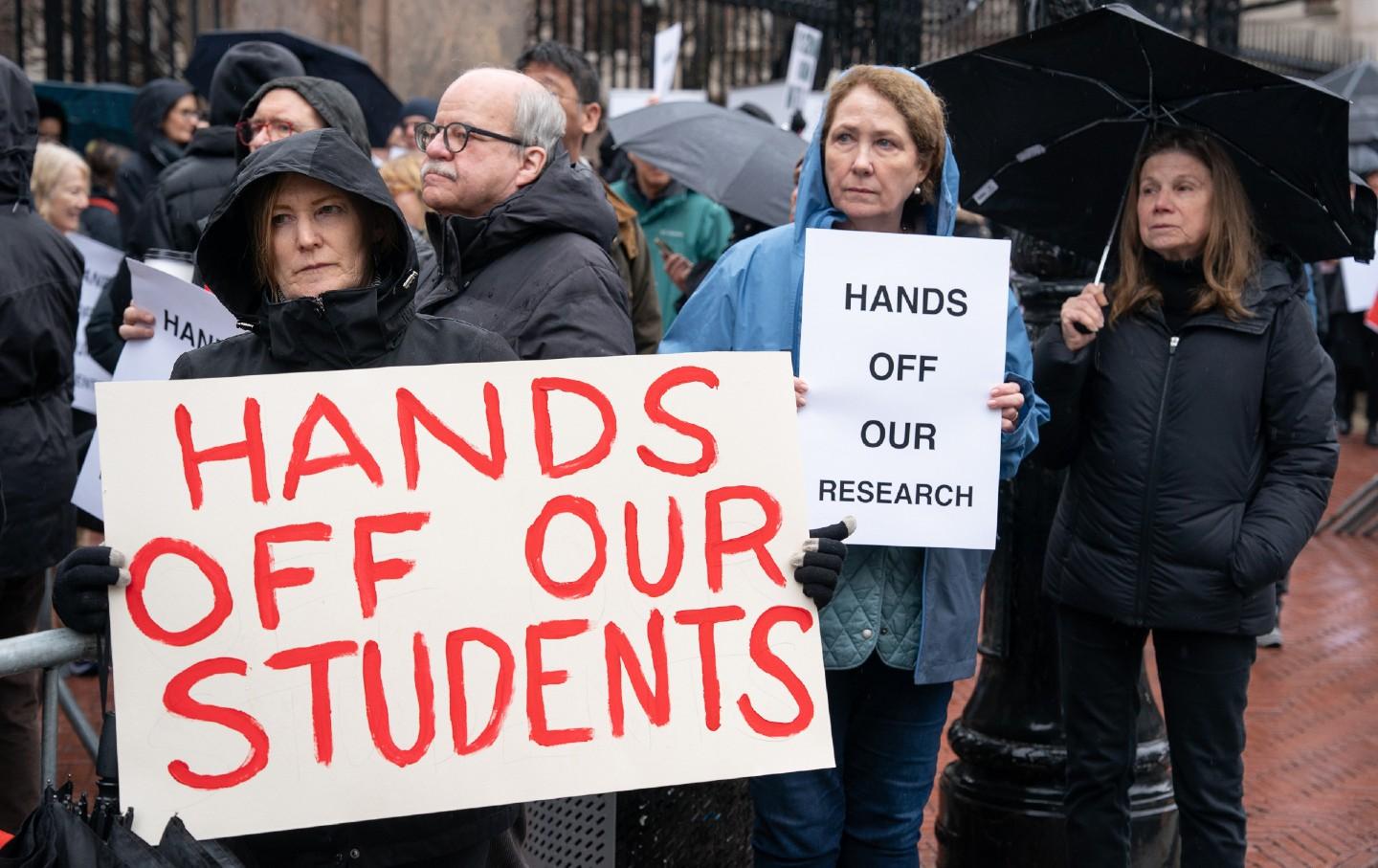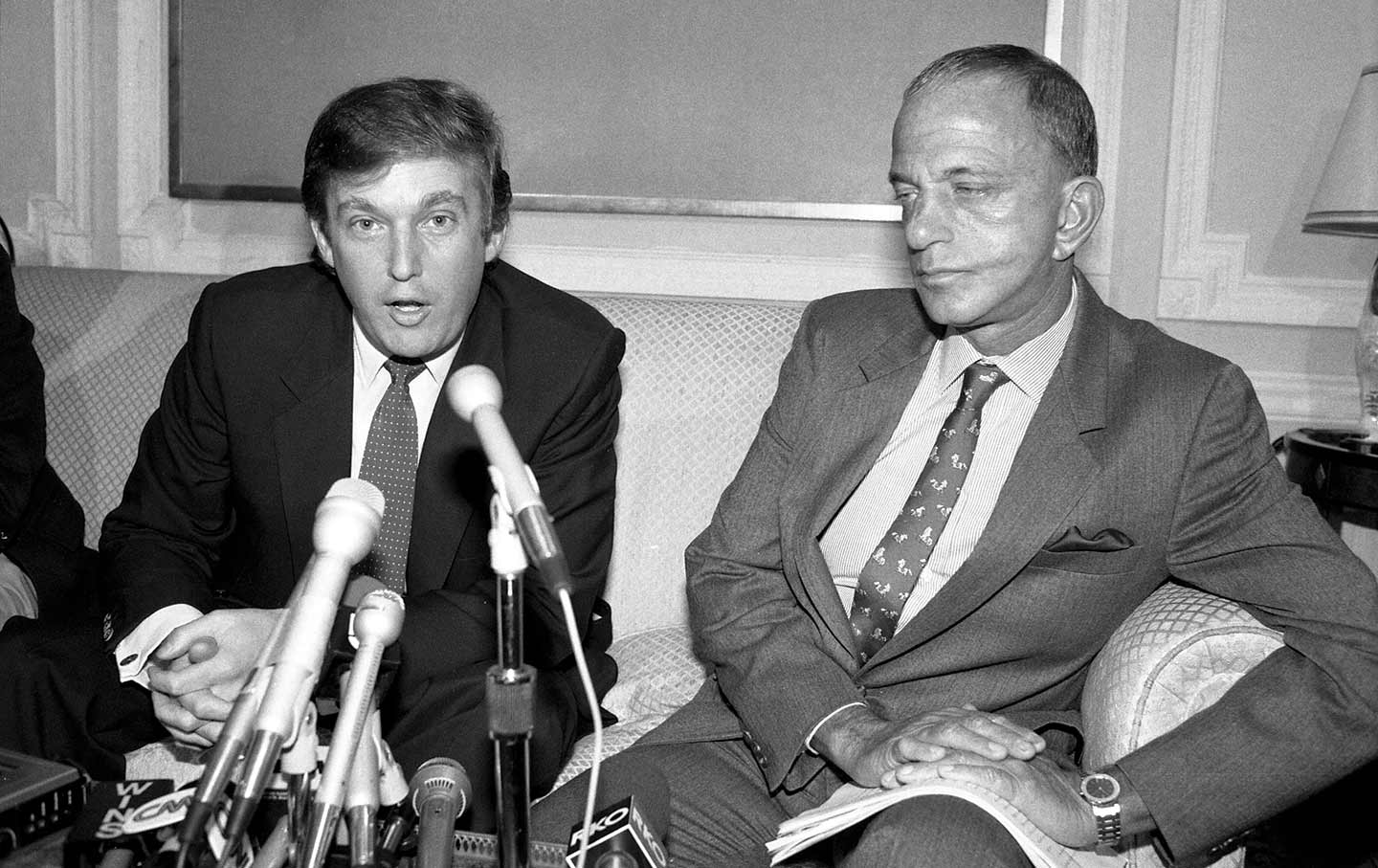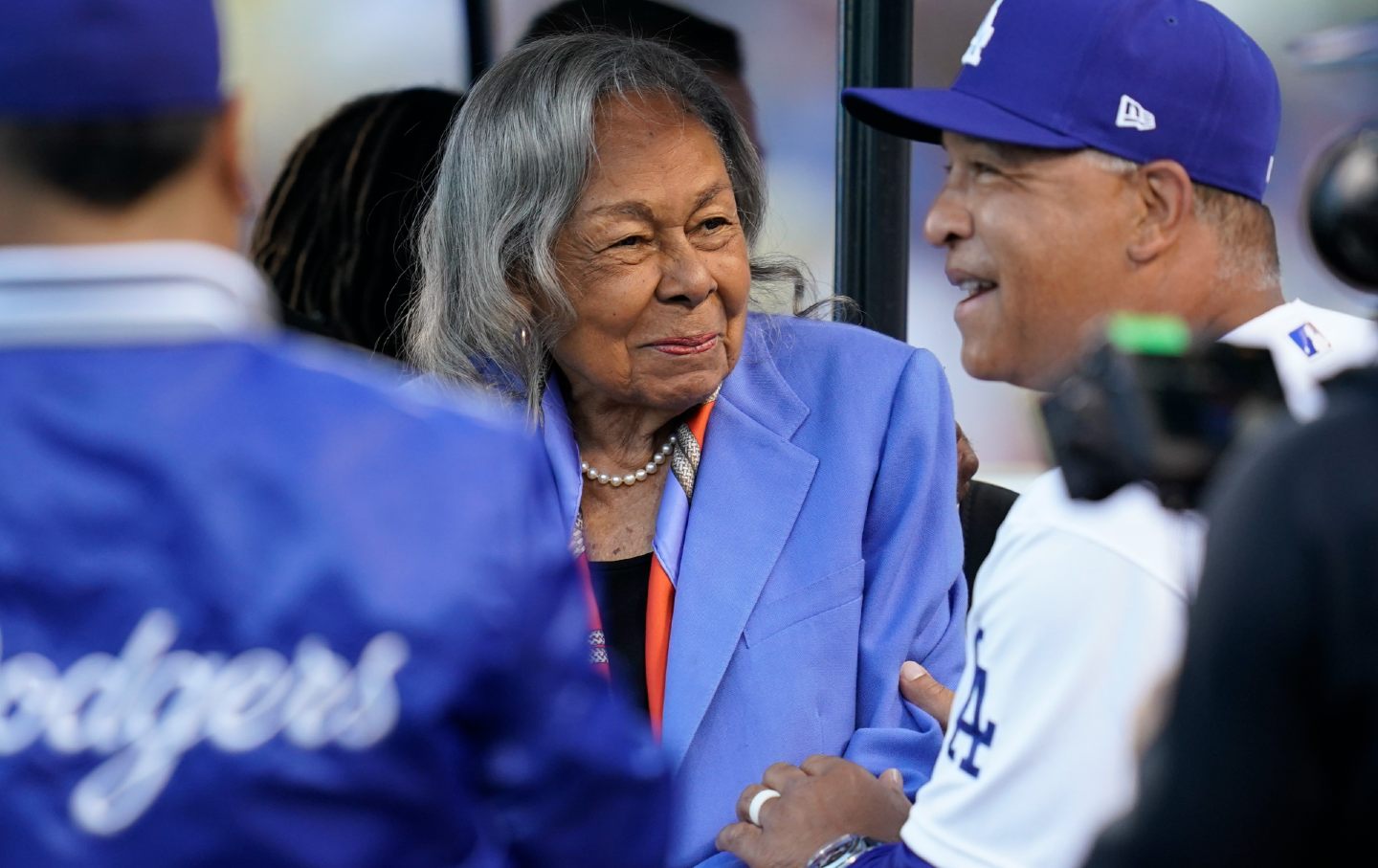Zig and Zag
The surprising origins and politics of equality
The Surprising Origins and Politics of Equality
A series of new books unearth the long history of egalitarian politics. They also ask whether equality, instead of another political ideal, should be at the center of our politics?

In the chilling speech he gives at the end of the film Margin Call, Jeremy Irons says that no one should say they believe in equality, because no one really thinks it exists: The very idea camouflages the endurance of hierarchy in an essentially unchanging form. “It’s certainly no different today than it’s ever been,” he explains to an underling. “There have always been and there always will be the same percentage of winners and losers….
Books in review
-
Basic Equality
Buy this book -
Equality: The History of an Elusive Idea
Buy this book -
The Greatest of All Plagues
Buy this book
Yeah, there may be more of us than there’s ever been, but the percentages? They stay exactly the same.”
For many others, the response to the 2008 financial crisis was very different from Irons’s cynical response. The crisis led to more consciousness and criticism of inequality than had been seen in the past 50 years. Starting with Occupy Wall Street in 2011, large numbers of Americans concerned about the ascendancy of the “1 percent” eventually consolidated around Bernie Sanders’s presidential campaigns in 2016 and 2020. During these years, the French economist Thomas Piketty provided the reading public with evidence that vindicated the movement: In Capital in the Twenty-First Century, published in English in 2014, he confirmed that economic inequality had been rising across the North Atlantic world. Piketty also showed that the situation was simultaneously worse and better than the way Irons had characterized it in Margin Call: Capitalism’s inherent dynamics generally increased inequality, he argued, but political mobilizations could bring about its reduction.
Capital in the Twenty-First Century became a surprise bestseller, and inequality became a signature concern of the new century, analyzed and complained about (and, more rarely, justified) in a deluge of articles, books, and tweets. But a decade later, historians, economists, and political theorists are pondering a different set of questions: not about the causes or continued existence of our age of inequality, but about where the moral imperative for its opposite—equality—came from in the first place. In A Brief History of Equality, Piketty offered his own views, emphasizing how the egalitarian distribution of income and wealth in the mid–20th century has been reversed in our neoliberal era. But over the past year, a new wave of books has appeared that fundamentally broaden the terms of this now-standard account. Darrin McMahon’s ambitious Equality puts modern concerns about class disparity in their historical place. Paul Sagar’s Basic Equality provides an account of how the belief that all men are created equal emerged in the early modern period—an inquiry that Teresa Bejan also takes up in “What Was the Point of Equality?” and that will feature in her forthcoming First Among Equals. And David Lay Williams, in The Greatest of All Plagues, examines how canonical thinkers from Plato to Karl Marx took up the subject of economic hierarchy in their own work. Each of these books helps answer the question of where the ideal of equality came from. But posing that question leads to an even more pressing one: whether equality is the most important thing to begin with.
In Equality, McMahon gives us an astonishingly capacious history. It is a monument to his ability—previously demonstrated in his books on genius and happiness—to synthesize historical findings across millennia. Narrating what his “Big History” compatriot Peter Turchin has called the “Z-Curve” of egalitarianism, McMahon charts how equality has zigged and zagged throughout human history. Our hominid ancestors, he writes, were as indentured to hierarchy as the higher primates are today. Then humans developed more cooperative ways of living that moderated such domination. That was the zig. Then a massive step backward was taken with the Neolithic Revolution a little more than 10,000 years ago. During this period, a growing reliance on agriculture meant that human society required cadres of workers, and early states began elevating nobles and kings. That was the zag. Generalizing hugely, the trend of history since then has been more favorable to equality.
In telling this story, McMahon examines the Greek political miracle, religions like Christianity (especially the Reformation), the Enlightenment, and the revolutions that followed. Far from stopping there, he finishes his account by examining contemporary movements for class, gender, and racial justice both locally and globally, along with movements (from the past and in the present) that call for in-group equality.
Well-known for his expertise on 18th-century France, McMahon is right to focus on that time and place, and not only because it produced the greatest egalitarian in the history of philosophy, Jean-Jacques Rousseau. The Enlightenment was the dawn of our own age, reactivating ancient traditions of equal political status and citizenship and making Rousseau immortal for his concerns about excessive class inequality. It also helped lay the groundwork for political revolutions on both sides of the Atlantic and a body of laws that sought to represent the will of free men (though not women, whom Rousseau hated) and that could moderate economic and social inequalities.
Even as he chronicles this period, however, McMahon is surprisingly grudging about the French Revolution’s catalyzing effect on the spread of equality in subsequent history. He notes that the events of 1789 helped spark a new set of claims by and on behalf of the enslaved, Jews, and women in Europe and the Americas. But he downplays the pioneering Jacobin welfare measures that were established during the revolution, while worrying that the era’s “sanctification” of equality inevitably meant punishing the “unregenerate.”
As amazing an achievement as McMahon’s book is, his very ambition forces him to tell competing and potentially contradictory stories, sometimes giving the impression that he thinks they add up to a single, coherent whole. The equality within hunter-gatherer tribes found in what the anthropologist Marshall Sahlins called “the original affluent society” doesn’t mean that our ancestors were ideologically committed to equality. Christians, on the other hand, were, but saying that all people are equal in the eyes of God by no means implies political and economic equality. Equal circumstances may not depend on ideological commitment; nor do ideologies of equality imply any demand for more particular forms of equality in fact. Indeed, Christianity made it easy to say that everyone is of equal worth in God’s sight precisely because not much necessarily followed from it. In our post-Christian era, many still deny a connection between the social dimensions of equality—being seen as equal in social or political status—and equality in how the good things in life are distributed.
McMahon’s story is forced to cover all of these distinctions, charting how the different contributions across the centuries are really just about one or another kind of equality; there is no such thing, it turns out, as equality as such. His book is valuable precisely because it comes close to collapsing under the weight of its ambition to consolidate the history of equality in all its multifariousness. That also makes it a good thing that a group of scholars has added pointillistic detail about two crucial zaglets in McMahon’s millennia-long story—one that made it possible to conceive of humans as being equal in the first place, and another that made it possible to say that disparity in how much people earn and own might be wrong.
For Paul Sagar, in his new book Basic Equality, the origins of what we might call ideological equality—the idea that all human beings are equal—remain mysterious. From Plato on, Sagar contends, political theory has centered on the idea of natural difference, emphasizing disparities among humans that seemed deep and ineradicable. Men and women, for example, have been treated as so different for so long that their disparate treatment was considered the way of the world, while phenotypical variations in skin color—never entirely insignificant—became more consequential in modern times. What, then, could make the belief that everyone is equal not just credible but hegemonic, no matter how disregarded in practice?
A generation ago, the philosopher Jeremy Waldron argued that only religious dogma could furnish such a belief. Sagar worries that everyone else (unbelievers as well as Christians who didn’t get the memo) needs to understand why they are committed to equality. But rather than looking for some enduring feature of humanity—our rational faculty, or immortal soul, or physical vulnerability—to justify equality, Sagar argues that it is far better to think of it as a social fiction that humans came to believe, first in Christian form and later in a secular guise. And, he continues, we should not disguise how recently this fiction became popular. (Some might doubt that it ever fully did.)
As brilliant as Sagar’s case is, his focus on the basic equality of human beings says nothing about the rise of the contentious politics of equalization in modern times. After all, the Christian and later secular belief that everyone is in some sense morally equal has generally been compatible with massive inequalities in standing, treatment, and wealth. In fact, humans have had to learn over and over again the idea that they are equal (which Sagar thinks is worth doing). But that doesn’t explain when and why they did, or how they could treat one another so unequally despite such a belief.
Much like McMahon, Teresa Bejan is careful to distinguish between how thinkers conceptualized equality in the ancient world and how they saw it in modern times, focusing on the rise of “parity”: the idea that people in a society ought to be treated as on par. Where notions of equality presuppose sameness, treating people in a “paritarian” spirit presupposes difference. In her discussion of 17th-century England in “What Was the Point of Equality?,” for example, Bejan shows how almost everyone accepted the idea of equality in a post-feudal world: Everyone (at least every white man) was created equal in some sense. But radical groups like the Diggers and the Levellers aimed for something more than equality; they wanted parity between different groups of equal men. According to Bejan, they and their successors in egalitarian movements today speak in a language of equality, but what they want is something more specific: the treatment that some already have and that others should also receive. Equality was and is compatible with disparate treatment, Bejan notes. Parity, on the other hand, insists on placing previously subordinated people on the higher level of the privileged.
Oriented more toward concerns about basic status, neither Bejan nor Sagar examines the left-wing anger toward economic hierarchy and why it, in particular, became pivotal not just for small groups like the Levellers but also for millions in modern times—or why Occupy, “Pikettymania,” and Sanders helped revive a consciousness of it. This question sits at the center of David Lay Williams’s excellent new survey, The Greatest of All Plagues.
Williams says his goal in the book is to draw attention to something that has long been missed: that the West’s canonical political thinkers, not just its lowly workers, have been persistent critics of accumulated wealth. While he starts with Plato and the New Testament, it is his discussion of Rousseau, Marx, and John Stuart Mill that helps Williams register the continuities and changes in reasoning about economic inequality. Plato may have been committed to notions of natural difference, but he was also anxious, Williams observes, about the consequences of too much money concentrated in too few hands and the threats posed by too much poverty to political stability. Rousseau vividly stressed the political costs of economic inequality—especially wealth passed from generation to generation, which established a permanent form of privilege. Even to Plato, it was obvious that envy, if allowed to become supercharged, would fuel a dangerous unrest. But for Rousseau, the dangers went further: The economic inequality of the 18th century’s new era of commerce and opulence also threatened other forms of equality.
Like McMahon, Williams discusses Marx at length in his study. It might still surprise some that Marx made so little of equality—certainly when compared with Rousseau, let alone Gracchus Babeuf, who is often credited as the first communist and called for a “conspiracy of equals” to rescue the French Revolution’s ideals. As McMahon observes, the word “equality” appears just once in The Communist Manifesto, and in a derogatory way. Whereas Rousseau focused constantly on economic inequality as an enormous problem of modern commercial societies, Marx did not. Rather, his concern was unfreedom, especially the alienation of our powers to others in an extractive labor process over which workers have no control.
Williams concedes that freedom is Marx’s preeminent goal, but he also suggests that “Marx’s concern with the problem of extreme economic inequality is a powerful animating principle underlying his critical and constructive political philosophy.” Fair enough: As the contemporary analyst of global inequality Branko Milanović discusses in his own recent survey of modern economists, Visions of Inequality, the North Atlantic of Marx’s era saw a greater and greater disparity in wealth—with the top 1 percent owning 60 percent of wealth in the United Kingdom, for example—and it is natural that economic inequality would serve as a backdrop for his thinking. But this makes it only more important that Marx considered inequality a problem not in itself but because it signaled and symbolized unfreedom: An unequal society is likely to be an unfree one too. But ultimately, for Marx, exploitation—not inequality—is the worst thing that humans can do to one another.
More from Books & the Arts
No wonder, then, that Marx’s theory of political economy encompassed a full-scale interpretation of capitalism. He didn’t fixate single-mindedly on the 1 percent, but instead dedicated Capital to the study of everything from the labor process to the systemic dynamics that he thought would unleash political revolution. By the same token, he presumed that communist emancipation might well allow for some inequalities in what people have and get, so long as this remained consistent with free social relations. As McMahon observes, both Vladimir Lenin and Joseph Stalin, faithful to their master, dismissed “equality mongering,” especially if it meant a bourgeois prattling about unfairness that was not willing to entertain the abolition of classes.
Marxist or not, Marx’s point is momentous for closing our decade of concern with inequality. McMahon’s big conclusions from his millennial survey are disarming and depressing. Telling the grand story of equality’s formation over human history, he prefers to stress that equality and inequality are necessarily intertwined—most frighteningly in his chapter on fascism, which sought an equality within the Aryan “race” while exterminating outcasts. (“The uniform makes all men equal,” proclaimed Der Angriff, the National Socialist newspaper.)
McMahon contends that some forms of inequality will persist no matter what kind of egalitarian society a community seeks; humans have evolved with an ambivalence toward equal standing, he argues, precisely because so much turns on competitive preeminence. Whatever the equalities established in a given society, it will always contain some hierarchies, too. If people are never going to be equal in every respect, McMahon continues, then various forms of inequality will persist and perhaps worsen, even as other forms are minimized.
These conclusions of our greatest historian of equality so far are arresting, but what really matters, as Marx said, is eliminating the inequalities that matter. Equality both of status and distribution were breakthroughs, and anger when they are reversed is one of the most promising developments of late. This doesn’t mean that society can or should reach full equality along all dimensions, whatever that might mean. But, as Marx concluded, it must involve getting clear about when and in what forms inequality is an eradicable injustice, something to mobilize against in the name of emancipation and freedom. A few months ago, the historian Quinn Slobodian dismissed the whole concern with inequality since Piketty. It is, Slobodian argued, a diversionary obsession of what the French economist himself called the “Brahmin left”—that is, “highly educated people willing to consume critiques of the system while remaining too materially committed to risk its transformation.”
I am a little more forgiving about the spate of books on inequality—I wrote one myself. But there’s another reason too: The concern with inequality is like a stepping stone to a higher perspective, which means welcoming these histories of inequality for helping readers move beyond their own terms. After all, they force us to decide what deeper problems—including unfreedom on a local and global scale—are even more important.








